What is an electric bike?
Before beginning this article, we feel it's important to define what an electric bike is. Many people still confuse an electric bike with an electrically-assisted bicycle.. Similar in name, but totally different in practice.
First of all, it's important to know that electric bikes fall into the category of "mopeds": a regulatory category of two- or three-wheeled motorised vehicles. And that's where the difference with an electrically assisted bike is. It is therefore compulsory to take out insurance for an electric bike, whereas there is no legal obligation to take out insurance for an EAB (electrically assisted bicycle).
This means that electric bikes will have to be fitted with helmets and gloves, registered and insured, and above all banned from cycle paths.
Electric bikes without insurance: what are the risks?
As you can imagine, using an electric bike without insurance exposes you to a number of risks.
Firstly, in the event of a collision or fall with a third party, damage to the bicycle and damage sustained by the cyclist himself cannot be compensated if the cyclist is considered to be responsible for the accident.
The same applies to bicycle equipment (gloves, helmet, etc.), which will not be covered. What's more, the insurance will not cover any collateral damage that may result from an accident involving an electric bicycle (battery-related fires, etc.). Lastly, theft of the bike (from outside the home) will not be covered by the insurance.
All these risks can be fully covered and protected by genuine electric bike insurance. We therefore strongly advise you to take out insurance for your electric bike.
Your home insurance cover
It's important to know that home insurance can cover disputes involving your Electrically Assisted Cargo Bike (EACB) in certain cases. However, to make sure you're 100% covered, you need to take out specific cover with your insurer. You should know that your home insurance includes third-party liability cover, which will cover you if you are responsible for damage caused to others. This may be simple damage to property or bodily injury (e.g. knocking down pedestrians). However, if you cause an accident or fall on your own, you may suffer physical damage. Civil liability cannot cover this type of damage. You should find out about personal accident insurance (school insurance, "guaranteed life accidents"). These supplement health insurance compensation in the event of an accident.
Points to check with your insurance company
It's important to pay close attention to where your insurance cover applies. Check with your insurer to make sure that in the event of theft, for example (robbery or mugging), it is not excluded from compensation.
The anti-theft device
To make theft cover applicable, many insurers require you to secure your bike on the public highway with an anti-theft device. Pay particular attention to the make and model required by your insurer!
The franchise
Most contracts impose an excess, which can often be substantial.
Age-related clauses
In the event of theft, you will not get a replacement or a new vehicle. Insurance companies apply a discount to reimbursement based on the "age" of your bike. The older your bike, the less you will be reimbursed. This discount is often 1% per month of age.
Buying a VUF is quite an investment, so you need to protect your property. Comprehensive home insurance can cover you against theft if the bike is stored at home. On the street, however, you'll need to take out an additional option with your insurer. The cost may vary depending on your insurer, but it averages €5 a month.


